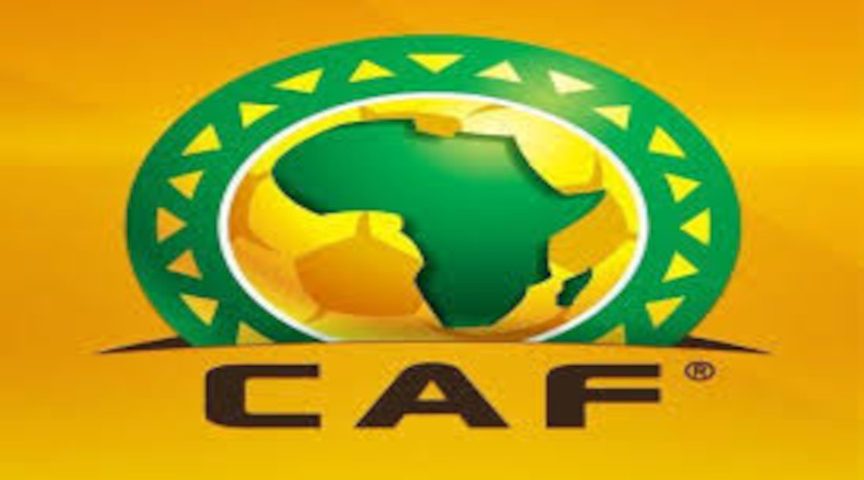Group C Blighted by Age-Cheating?

Atlas Cubs Take Control
May 8, 2023
Sénégal Tutors Young Desert Foxes
May 9, 2023Group C Blighted by Age-Cheating?

By Satish Sekar © Satish Sekar (May 1st 2023)
The Golden Test?
There’s no question that age-heating has blighted African football and there’s no doubt that some ‘youngsters’ look like far older than the age requirements for youth football. It’s a complaint that will diminish significantly in time as immunisation tracking and educational tracking provide proof of ages. In some countries immunisation of babies is recorded with cards that assist sports in future tracking. The same is true of educational tracking. Databases of both will help to verify ages and defeat age-cheating.
Meanwhile, Magnetic Resonance Imaging (MRI) is deemed the test that proves age. But it doesn’t. It detects whether bones have fused in the wrist, claiming 99% accuracy, but MRI does not prove whether the subject is over 17 or not – it proves whether the bones have fused and that, even according to experts advocating it, can occur anywhere between 16-18 years old.
That means that a player who is 16 years-old can ‘fail’ the MRI scan and be disqualified for an Under-17 tournament. Equally, an 18-year-old may ‘[pass’ te test as his bones are deemed not to have fused. He won’t be disqualified from an Under-17 tournament unless he is found to have submitted different documentation at a previous tournament with a different birth date than the current one. That is what led to the disqualification of the Guinean Under-17 team at the 2019 U17 Africa Cup of Nations (AFCON) after the tournament had been completed – Guinea had reached the final.
MRI is not infallible – worse still its advocates don’t claim that it is. The 99% accuracy claim is over the range 16-18. The scans can be viewed by other experts – it is a matter of interpretation of the image as well, but even if fusion is agreed, it does not prove that the boy is not less than 17. Fusion does not necessarily occur on the 17th birthday. If it cannot prove whether the boy is 16, 17 or 18, should it be taken as cast-iron proof of age-cheating?
The New Rules
In the qualifying stages for the 12-team tournament some nations failed the new rules on MRI. If up to three players failed, they as individuals could not play and they could not be replaced – more than that disqualified the team. Cameroon had massive failures 32 players, but they were caught out in tests ordered by its federation, FECAFOOT, out of competition. 30 of those players were banned by FECAFOOT itself.
Several players of the Democratic Republic of Congo were caught out in a regional tournament, and Chad was booted out on the eve of regional qualification matches when at least seven young men failed the test. Chad was disqualified by CAF, which meant that Cameroon, the Central African Republic and Congo (the Republic of) were the only teams remaining to contest qualification for the U17 AFCON.
Cameroon and Congo qualified. South Sudan was disqualified after arrival in Algeria after tests conducted under CAF’s auspices resulted in five players failing the MRI scans, which breached the new rules – three or more failed scans meant disqualification of the team. The meant that Cameroon was in a three-team group for both the qualifiers for the AFCON and AFCON itself, and this would cause confusion as it meant new rules were required to determine the best two third placed teams from the three groups at the U17 AFCON.
Group C is Underway
South Sudan’s disqualification meant that thee would only be one match per day in this group and that each team in it would only play two matches each. That meant the third placed team in Group C would have played one less match than the third placed teams in Groups A and B.
CAF responded to this by declaring that the matches against the bottom teams in Groups A and B would not count, so only the matches against the top two teams would count. CAF’s rules for the tournament. It had clearly stated that the first decider within the three groups if points were equal was head to head. The letter regarding the new conditions for third placed teams said the results against the bottom placed team would not count, but did this apply to deciding third place within each group or just the best two?
The one group where this could not matter was Group C, which began with Mali playing Burkina Faso in Annaba’s 19 May 1956 Stadium. Mamadou Doumbia scored the only goal of the match, leaving Burkina Faso bottom of the group. The champions Cameroon will begin their defence against Mali on May 4th.

